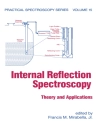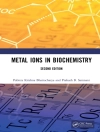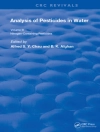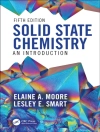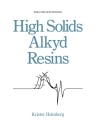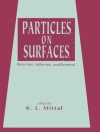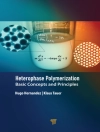PEROVSKITE MATERIALS FOR ENERGY AND ENVIRONMENTAL APPLICATIONS
The book provides a state-of-the-art summary and discussion about the recent progress in the development and engineering of perovskite solar cells materials along with the future directions it might take.
Among all 3rd generation solar cells, perovskite solar cells have recently been attracting much attention and have also emerged as a hot research area of competing materials for silicon PV due to their easy fabrication, long charge-carrier lifetime, low binding energy, low defect density, and low cost.
This book focuses primarily on the perovskite structures and utilizes them in modern technologies of photovoltaics and environmental applications. It will be unique in terms of the use of perovskite structures in solar cell applications. This book also discusses the type of perovskites, their synthetic approach, and environmental and solar cell applications. The book also covers how perovskite solar cells originated and the recent advances in perovskite solar cells.
The reader will find in this book a lucid account that:
* Introduces the history of perovskite materials.
* Explores perovskite materials for energy conversion and environmental-related applications.
* Covers perovskite light absorber materials for the fabrication of high-performance perovskite solar cells.
* Describes the device architectures and physics of perovskite solar cells.
* Discusses the role of perovskite absorber, electron transport, and hole transport materials layers.
Audience
The book is essential reading for all those in the photovoltaic community, including materials scientists, surface physicists, surface chemists, solid-state physicists, solid-state chemists, and electrical engineers.
عن المؤلف
Khursheed Ahmad, Ph D, completed his Ph D from the Indian Institute of Technology, Indore, India in 2019. He is currently a Post-Doctoral Fellow at the School of Materials Science and Engineering, Yeungnam University, South Korea. He has published more than 30 research papers as well as 25 book chapters.
Waseem Raza, Ph D, completed his Ph D from Aligarh Muslim University Aligarh, India in 2016. He is currently a Post-Doctoral Fellow in the Department of Materials Science and Engineering, University of Erlangen-Nuremberg, Germany.



